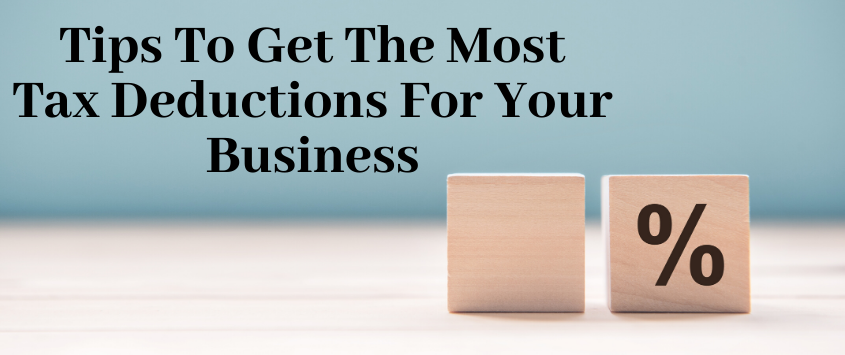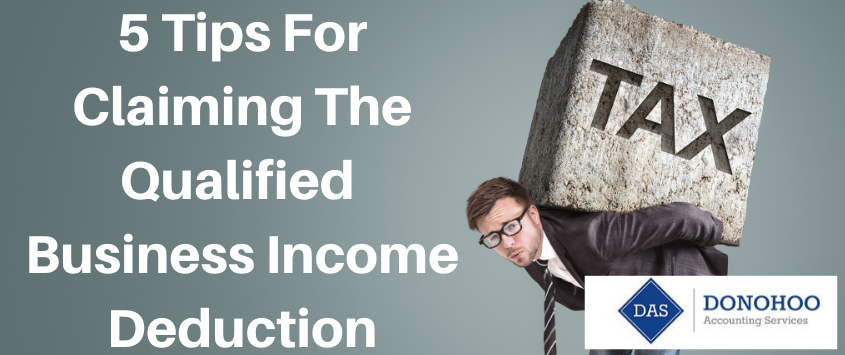Do You Qualify for a Home Office Deduction?
If you worked from home pre-COVID or have landed a home office job since quarantine, you may be wondering if you qualify for a home office deduction on your taxes. Tax season will be here before we know it, so it’s not too soon to be thinking about these types of deductions.
The answer is maybe. Eligibility rules can be confusing, but here are some boxes you need to check to qualify:
You’re NOT a W-2 employee
Being a W-2 employee means you work for someone else who withholds income, Medicare taxes and Social Security from your paycheck. W-2 employees are NOT eligible for home office deductions.
If you are self-employed, a contract worker/freelancer, or are a 1099 employee, you may qualify for this deduction.
You have a designated workspace
The IRS says home office expenses can be deducted when the home office space is used exclusively for conducting business. A spare bedroom, room, or a nook in your basement would count. It doesn’t have to be a completely separate room and you don’t need to construct permanent partitions, but it does need to be a “separately identifiable space.” Consider arranging furniture to mark your office boundaries, or use a panel room divider, a bookcase or even a curtain.
Your space is used regularly and exclusively for work
In order to qualify, the space must be regularly used for business, and not a shared space for your personal tasks. That rules out your kitchen table. Spaces that are used only occasionally or incidentally for business don’t count either.
It’s your principal place of business
If you meet with patients, clients or customers outside of your home, your home office could still qualify if you use the space exclusively and regularly for invoicing, scheduling and other business-related tasks.
A freestanding structure on your property could also be a deduction if you have a studio, garage or barn that you work out of. If you use part of a large room in your home as your dedicated workspace you could deduct it if you figured out the percentage of your home this space accounts for.
You can calculate your home office deduction using the regular method or the simplified method.
The regular method considers the actual expenses of your home office — such as mortgage interest, insurance, repairs, depreciation, insurance and utilities — as a percentage of your whole house. The simplified option allows the qualified taxpayer to determine actual expenses by multiplying a prescribed rate by the square footage of the office space.
Donohoo Accounting Services knows that determining your eligibility for a home office deduction is confusing. We are here to help you understand the IRS rules, how they apply to you and which calculation method to use. With more than 20 years of experience in the business, we can help you find every deduction possible to reduce your tax burden. Give us a call today at 513-528-3982 for a free consultation.









